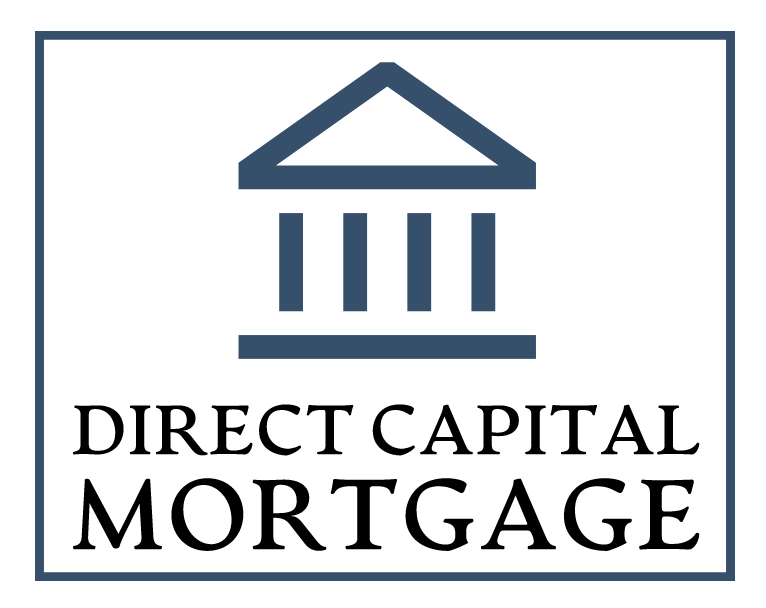
619-339-7334
What Are HOA Fees?
Maintenance of common areas such as landscaping, pools, security, and exterior upkeep Enforcement of community rules regarding property appearance and modifications Amenities such as parks, clubhouses, and fitness centers
Helps maintain property values by keeping the neighborhood well-kept Provides shared amenities like pools and playgrounds Covers maintenance costs that would otherwise fall on homeowners
Monthly or annual fees can be costly and may increase over time Strict rules can limit your freedom to customize your home Failure to comply with HOA regulations may result in fines or legal action
What Is Mello Roos?
Varies by community and is added to your property tax bill Helps fund public improvements in your area Can increase over time depending on the needs of the district
How HOA Fees and Mello Roos Taxes Affect Your Home Loan
HOA fees Mello Roos taxes Property taxes and homeowners insurance
Planning for the Future
How much are the HOA fees and what do they cover? Are there Mello Roos taxes, and when will they expire? How often have these fees increased in recent years?
Get Expert Guidance Before You Buy
